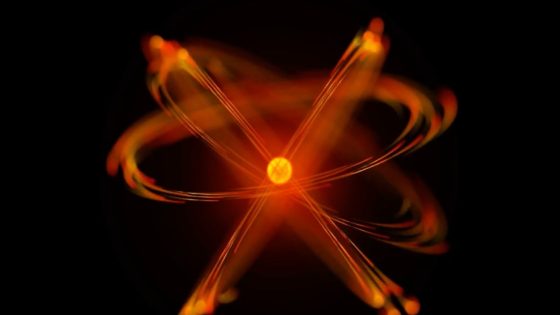NATOâs defense technology accelerator announced Tuesday it picked 10 companies to transition to the second phase of competition, which not only brings additional funding but tailored support as they look to break into the national security sector.
The firms are part of the Defense Innovation Accelerator for the North Atlanticâs inaugural cohort, which NATO announced last year. The organization, known as DIANA, chose 44 companies for Phase I, selecting firms whose technology could address needs in both defense and commercial markets.
The companies participated in a competition series last fall that took place across five cities: Tallinn, Estonia; Turin, Italy; Copenhagen, Denmark; Boston; and Seattle. During the events, companies used emerging technology to solve real-world defense challenges.
âTo move into Phase II, innovators had to demonstrate progress in their commercial and defense market potential, the technical viability and novelty of their solutions, and their investment readiness,â NATO said in a statement. âReview panels comprised technical, defense and innovation experts.â
The 10 companies that will transition to the next phase of DIANAâs challenge series are:
· Aquark Technologies, a quantum firm based in the United Kingdom
· Astrolight, a laser communications company in Lithuania
· Dolphin Labs, an ocean-observation company in the U.S.
· Ephos, a computing firm based in Italy
· Goldilock, a UK-based privacy firm
· IONATE, a U.K. firm specializing in smart energy platforms
· Lobster Robotics, a mapping company based in the Netherlands
· Phantom Photonics, a Canadian quantum sensing company
· Revobeam, a polish antenna firm
· Secqai, a computing company in the U.K.
The selected firms will receive up to â¬300,000 ($330,000).
DIANA is jointly funded, which means NATO doesnât draw from the common fund that allies are required to contribute toward. Instead, member nations choose whether to pay into DIANA. The U.S. Defense Department last year appointed Jeffrey Singleton, U.S. principal member and head of the delegation to the NATO Science and Technology Board, as the U.S. representative to DIANAâs board of directors.
The accelerator has more than 100 affiliated test centers across nearly every country that partners with NATO. That includes 28 âdeep-techâ accelerators, two of which are located in North America.
Courtney Albon is C4ISRNETâs space and emerging technology reporter. She has covered the U.S. military since 2012, with a focus on the Air Force and Space Force. She has reported on some of the Defense Departmentâs most significant acquisition, budget and policy challenges.
Source Agencies



